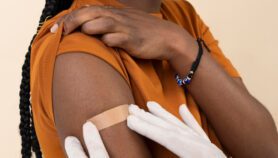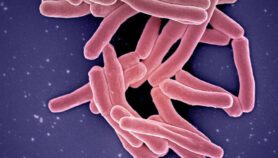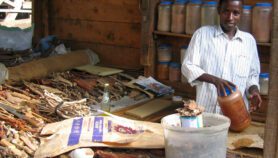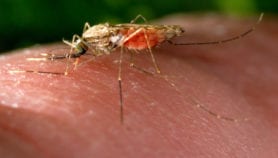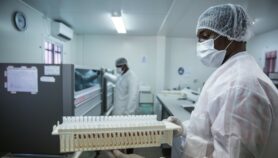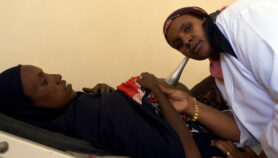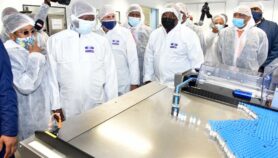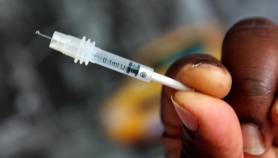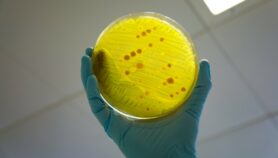Send to a friend
The details you provide on this page will not be used to send unsolicited email, and will not be sold to a 3rd party. See privacy policy.
Traditional Chinese medicine is generally treated with scepticism by medical professionals outside China. Now, scientists in China and the United States have enlisted the help of biotechnology to show that drugs used in it have legitimate science-based value, and represent an untapped source of treatments.
"There are around 100,000 formulas going back 2000 years, drugs that can be used to treat a range of illnesses, from depression to osteoporosis," says Karl Wah-Keung Tsim from Hong Kong’s University of Science and Technology, quoted in an article in the Bulletin of the World Health Organisation.
Traditional medicine represents around 40 per cent of China’s pharmaceutical market, with an annual turnover of US$21 billion. The government says its support for the industry is increasing rapidly: last year it invested around US$1 billion in traditional medicine research and projects — almost three times the amount provided in 2010 — according to China’s deputy health minister, Wang Guoqiang.
But few drugs or techniques from China’s ancient texts and traditional culture have been incorporated into mainstream medical practice outside the country, where attitudes towards Chinese medicine remain largely characterised by suspicion, due to the lack of evidence supporting its medicinal value, as well as concerns about product quality.
In May 2011, for example, the European Union controversially banned the sale of traditional Chinese herbal treatments not registered under the EU Traditional Herbal Medicines Registration Scheme.
Chinese scientists, with support from the US National Institutes of Health, are now seeking to change this. They are using contemporary technology to improve drug quality standards and convince the international research community that traditional Chinese medicine has a solid evidential basis.
Researchers have been trying to isolate the active ingredients in traditional medicines — a challenging task due to the complicated molecular structure of many herbal compounds.
Yung H Wong, director of the life sciences division at the Biotechnology Research Institute in Hong Kong, says that biotechnology holds the key to unravelling this complexity.
Wong and his team use high-throughput screening platforms to assess the individual molecular activity and properties of large collections of drug extracts and compounds.
But it is the complexity of the interactions between the different components of herbal compounds, rather than their individual properties, what makes the compounds so effective, says Yung-Chi Cheng, an oncology researcher at Yale University, in the United States.
"By focusing on the single components we miss the big picture," Cheng said. Individually, the medicines’ mechanisms "were not that potent"; but "working together make a significant difference".
Cheng has no doubts about the value of Chinese medicine. "Traditional Chinese medicine is a human treasure, and it should be shared with the world," he said.
Link to full article in the Bulletin of the World Health Organisation




